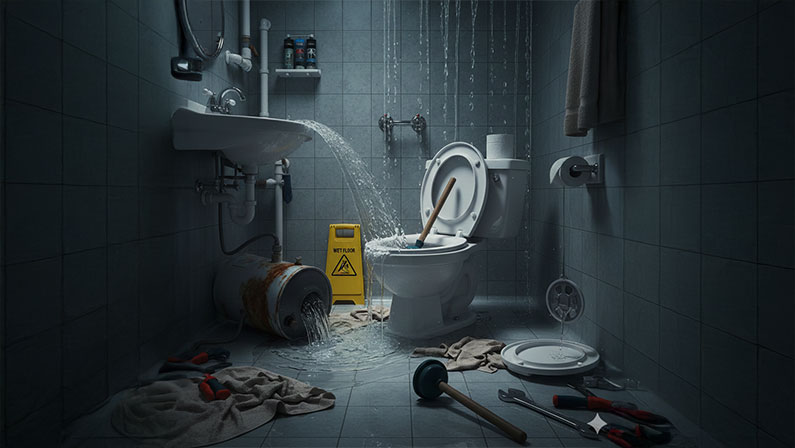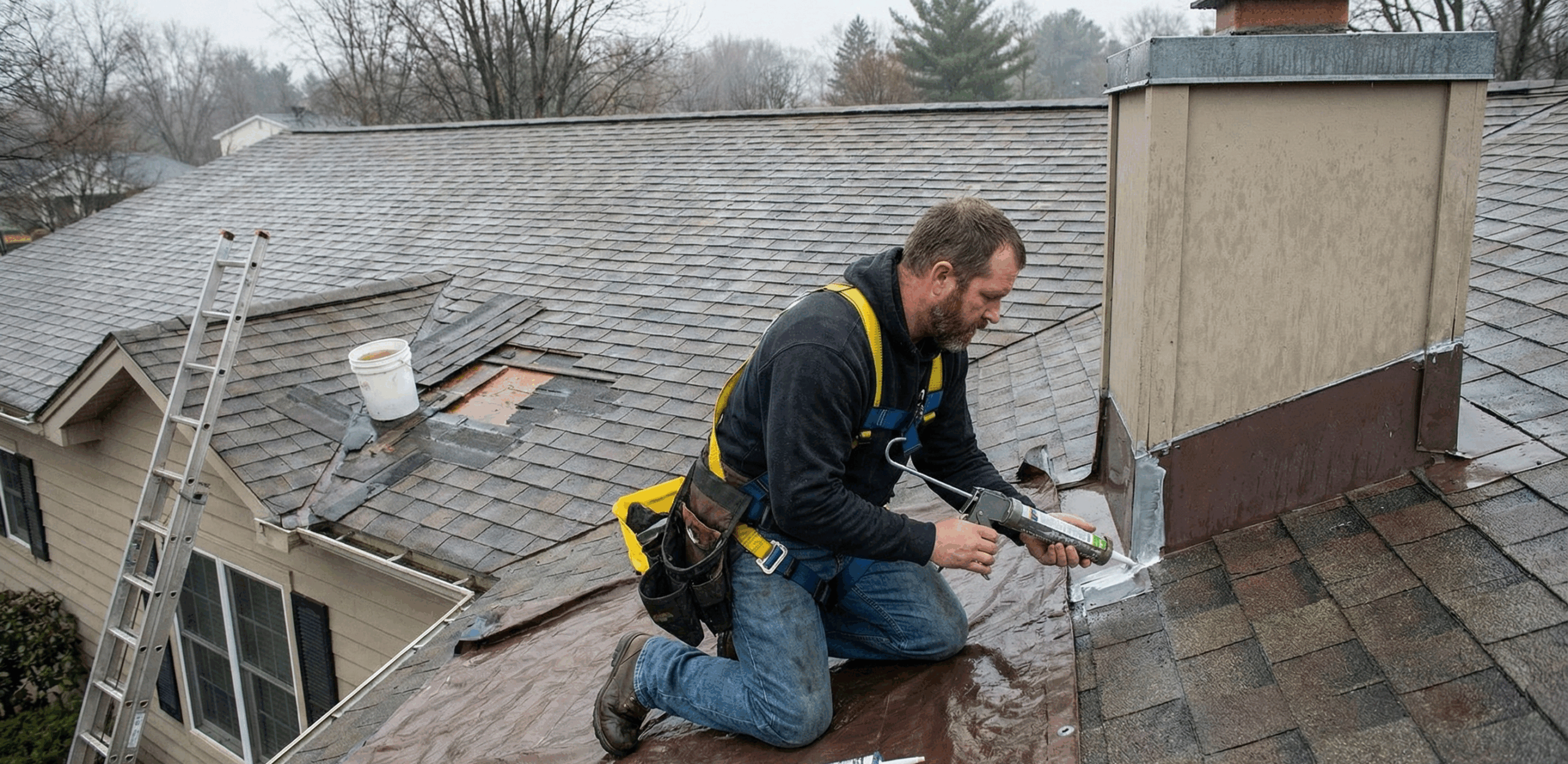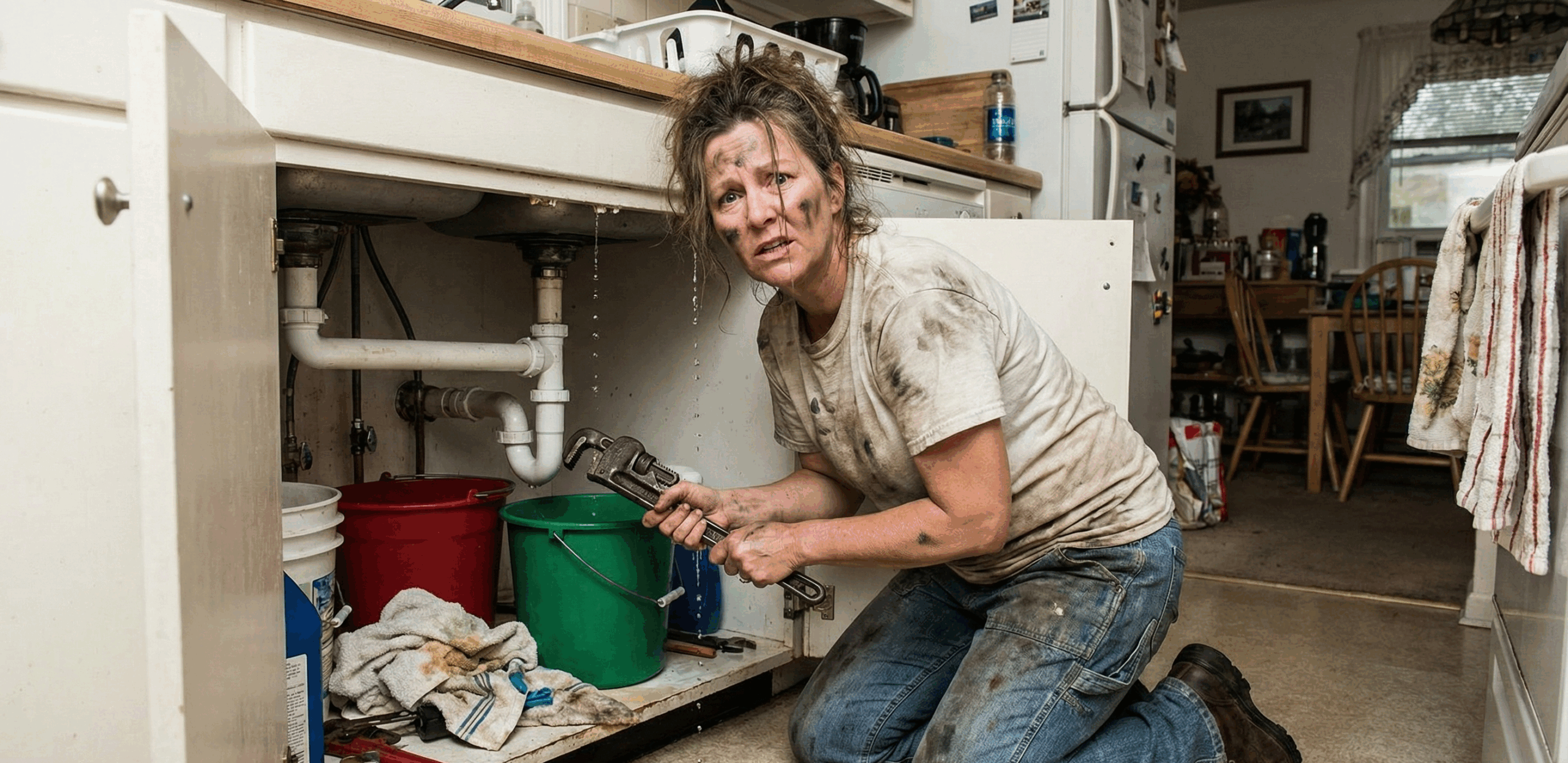Hot water systems are an essential part of daily life, but many homeowners overlook the signals they provide about the overall condition of their home. Rust, water pooling around the unit, strange noises, or unexpected drops in pressure may indicate more than just system wear – these signs can point to hidden water entering the home through roof leaks.
Understanding the connection between your hot water system and roof integrity is crucial for home maintenance, energy efficiency, and preventing structural damage.
How Roof Leaks Affect Hot Water Systems
Most hot water systems in Melbourne homes are located in roof cavities, garages, or external enclosures. When water penetrates these areas due to damaged roofing, the consequences can be subtle at first but become increasingly significant:
- Corrosion of Metal Components
Moisture accelerates rust on hot water tanks, pipe fittings, valves, and connectors. Even minor corrosion can reduce the lifespan of your system and, over time, may compromise safety.
- Insulation Degradation
Water exposure damages the insulation surrounding the tank and pipes. Reduced insulation leads to energy inefficiency, longer heating cycles, and higher energy bills.
- Pipework Stress and Leakage
Persistent moisture can weaken piping, causing drips, low pressure, or eventually burst pipes. Flexible hoses and joints are particularly susceptible.
- Mould Growth
Damp roof cavities and condensation around hot water systems create ideal conditions for black mould. This not only affects structural components but also poses health risks, especially for those with respiratory conditions.
- Electrical Hazards
In electric hot water systems, water exposure to wiring or control units can create risks of short circuits or electrocution, particularly in areas without proper waterproofing.
Warning Signs In Your Hot Water System
Certain signs indicate that your hot water system may be affected by roof leaks:
- Rust or Discolouration: Reddish-brown patches on the tank or pipes.
- Strange Noises: Popping, hissing, or gurgling sounds caused by water interacting with mineral deposits or trapped air in wet insulation.
- Water Pooling: Moisture at the base of the unit, even when the system isn’t actively leaking.
- Pressure Fluctuations: Drops in water pressure may indicate pipe corrosion, blockages, or leaks in nearby piping.
- Cold Water Supply: Reduced heating efficiency can be a symptom of insulation damage or internal corrosion.
Even when the unit appears functional, these warning signs suggest that water is entering from an external source — often the roof.
Common Causes Of Roof-Related Hot Water Issues
Understanding the root causes helps homeowners take preventive measures:
Damaged Roof Tiles or Shingles
Cracked, loose, or missing tiles allow water to penetrate roof cavities, affecting insulation and piping.
Worn or Loose Flashing
Flashing seals the junction between roof elements. Deteriorated flashing permits water ingress during heavy rain.
Clogged Gutters and Downpipes
Water overflow from blocked gutters can seep into roof cavities, saturating insulation and surrounding structures.
Condensation in Roof Cavities
Poor ventilation and high humidity can cause condensation, which may mimic roof leaks and affect nearby hot water systems.
Aging Roofing Materials
Older roofs may have diminished water resistance, increasing the risk of slow leaks that remain unnoticed for months.
Why Early Detection Matters
Even minor leaks can escalate if left untreated:
Corrosion Accelerates: Prolonged moisture speeds up the deterioration of tanks, pipes, and connectors.
Energy Inefficiency: Wet insulation reduces the ability of the system to retain heat, leading to longer heating cycles.
Structural Damage: Water can weaken roof joists, timber frames, and ceiling boards.
Health Risks: Damp conditions encourage mould growth, which can cause allergies, respiratory issues, and asthma exacerbation.
By addressing issues early, homeowners can prolong the life of their hot water system and prevent secondary damage to the property.
How Homeowners Can Monitor Their Systems
While professional inspection is advisable, homeowners can take several steps to monitor potential issues:
Regular Visual Checks
Inspect the hot water system and surrounding areas monthly. Look for rust, leaks, discoloration, or damp patches in roof cavities.
Listen for Unusual Sounds
Popping, hissing, or gurgling may indicate trapped air, sediment build-up, or water intrusion from above.
Check Water Pressure
Consistent low or fluctuating water pressure can be a sign of pipe damage or hidden leaks.
Monitor Energy Usage
Unexpected spikes in heating costs may indicate insulation problems caused by water intrusion.
Inspect the Roof and Gutters
Maintain roof tiles, flashings, and gutters. Even minor damage can lead to water reaching the hot water system.
Preventive Measures And Maintenance
Preventing water-related damage to hot water systems requires a proactive approach:
Roof Maintenance: Ensure tiles, flashing, vents, and gutters are intact and clear of debris.
Pipe Protection: Ensure exposed piping in roof cavities is insulated and supported.
Ventilation: Keep roof spaces ventilated to reduce condensation and moisture accumulation.
Regular Hot Water System Checks: Inspect tanks, valves, and joints for rust, leaks, and pressure issues.
Insulation Assessment: Replace or repair insulation that has been compromised by moisture.
Your hot water system can serve as an early indicator of roof leaks and hidden water damage. Rust, pressure issues, unusual noises, or pooling water may signal that water is entering your home from above.
Understanding the causes, signs, and preventive measures allows homeowners to take proactive steps to protect their homes. Roof maintenance, proper ventilation, and regular system inspections are essential to maintaining both hot water efficiency and home safety.
Even minor leaks, if left unchecked, can escalate into structural damage, mould growth, energy inefficiency, and health risks. Awareness and consistent monitoring of hot water systems and roof integrity are the most effective strategies for preventing long-term problems.
If you need help with hot water repairs or roof inspections, give us a call at 0421 411 146 or leave your details here so we can get in touch with you.




